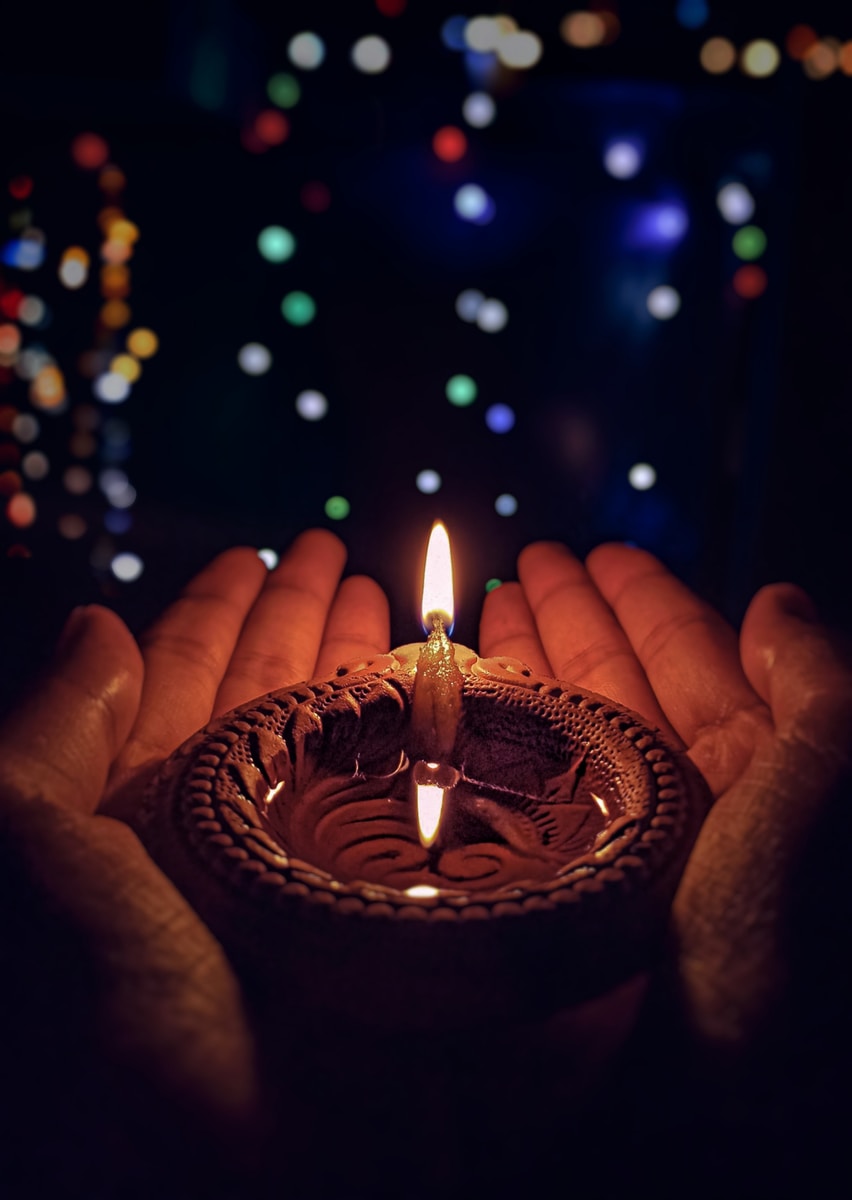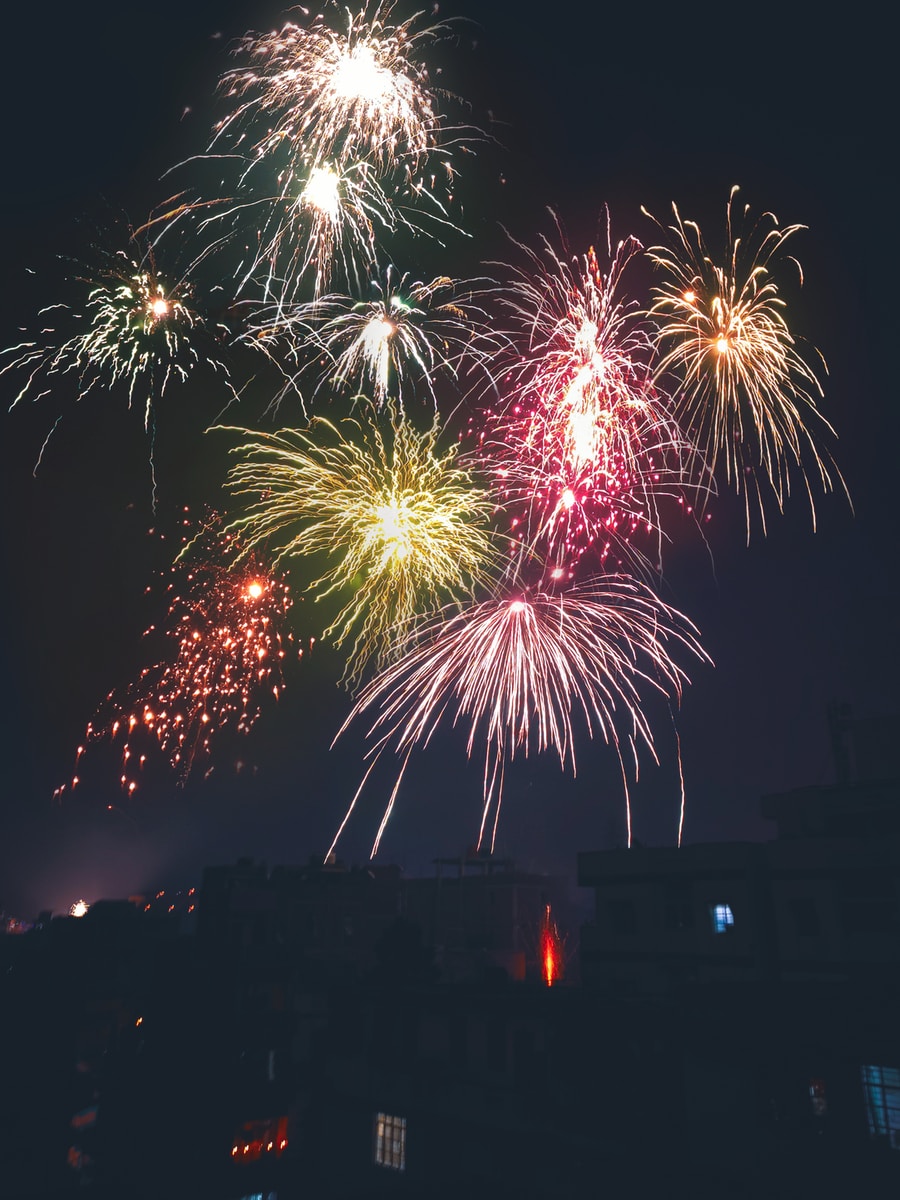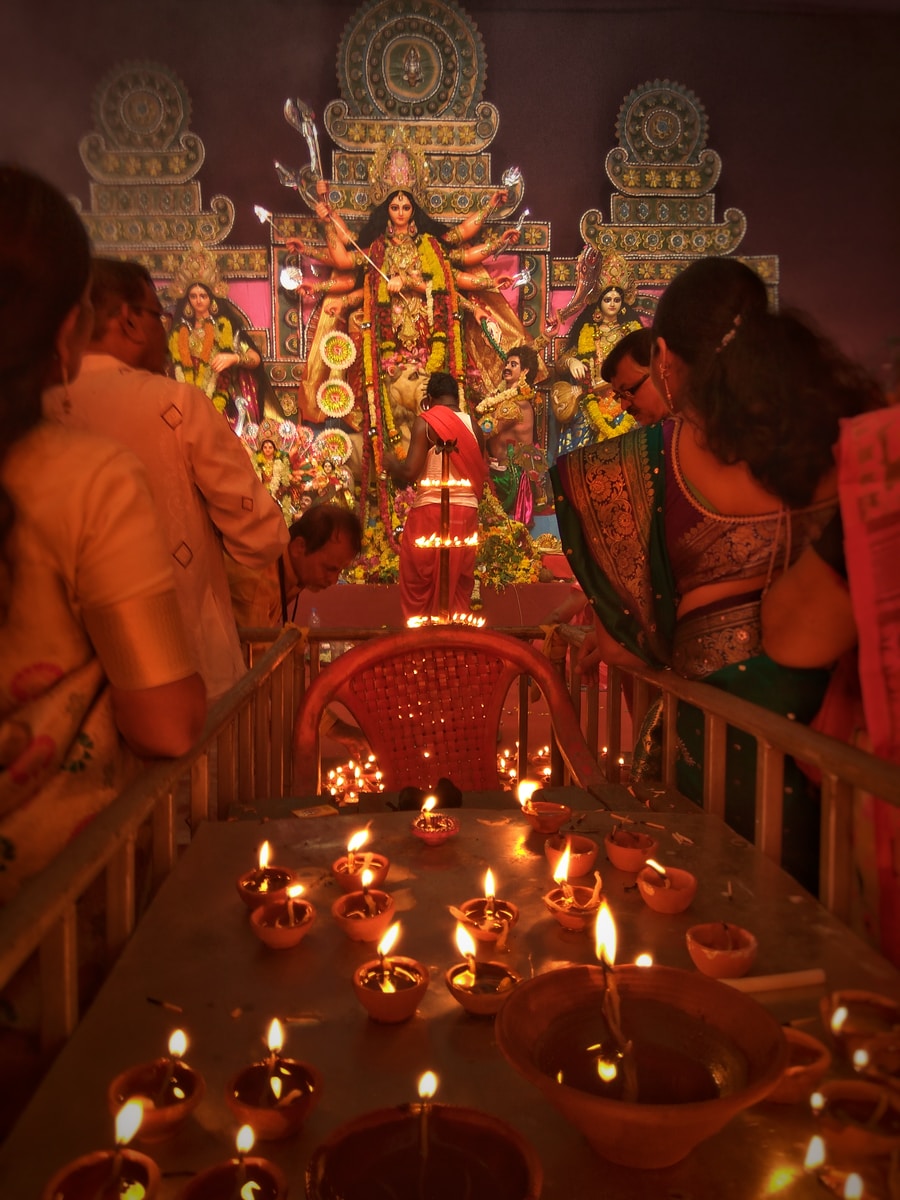At the core of Diwali is the triumph of good over evil and light over darkness, for Hindus, Sikhs and Jains living in the UK, another triumph is how the celebration of Diwali has become an integral part of British culture.
This week, Hindus, Sikhs, and Jains worldwide are celebrating one of the biggest and most auspicious festivals, Diwali. This year, the five-day Festival of Lights takes place from 2nd to the 6th November, with the primary day of celebration on Thursday 4th November.

It is only through the incredible diversity of the British population that we get to share in the traditions and customs of Diwali, as believers open their doors and their hearts to share a festival that celebrates new beginnings and the triumph of good over evil and light over darkness.
“When my parents first immigrated to the UK in the sixties, Diwali was almost unheard of, and they celebrated it within a very small community. Today, there are major celebrations in many cities across the UK, and our community has become bigger and more diverse. For me, that is a true celebration of new beginnings”. Sindhu
Diwali comes from the Sanskrit word Deepavali, which means rows of lighted lamps, and lights are at the heart of the celebrations. Houses, offices, and public spaces are decorated with thousands of bright lights and small oil lamps called diyas. Brilliant fireworks displays end nearly every day of the celebrations. Flowers and colourful designs, known as rangolis, are abundant. Rangolis are beautiful and elaborate decorations made from powdered limestone, red ochre, dry rice flour, coloured sand, flower petals or coloured rocks, placed on floors or tabletops to bring good luck and prosperity to the house and family.
What is unique about Diwali is that it is celebrated by the different religions, each with their related historical events and stories, yet all celebrate the triumph of good over evil. Hindus celebrate the return of the deities, Lord Rama and Devi Sita, to Ayodhya after their 14-year exile. To others, Diwali is dedicated to the Goddess Lakshmi, one of the principal goddesses in Hinduism. As the goddess of wealth, fortune, power, beauty, and prosperity, she is thought to bring good fortune to her followers.
For Sikhs, Diwali is celebrated for its spiritual significance, as its timing coincides with Bandi Shor Divas (Prisoner Release Day). This is the occasion of the release from prison of the sixth guru, Guru HarGobind Ji, in 1619, and the 52 Hindu political prisoners he insisted were released with him.
Diwali is also of particular significance in Jainism as it marks the anniversary of when the founder of Jainism, Lord Mahavira, reached the state of Nirvana (eternal bliss). Jains light lamps to symbolise keeping the light of Lord Mahavira’s knowledge and teachings alive.

Like many festivals, visiting with family is an important element of Diwali, so for some migrants in the UK, this is when they particularly miss their home country and the ability to celebrate with loved ones.
“Though I love Diwali and the spirit of forgiveness and new beginnings, I also feel emotional as I remember how I would celebrate this special time at home with my parents and siblings. I have taken the memories of how my mother would decorate the house and try to cook the traditional dishes she would make for us to bring them to me in spirit. But it is hard.” Geetha
As the congregation of people celebrating Diwali has grown over the years, whether you are with family or are alone in the UK, there are Diwali celebrations around the country, with major events in London, Edinburgh, Birmingham, and Cardiff.
At the core of Diwali is the triumph of good over evil and light over darkness, and as we all emerge from a dark period of fear and isolation, Diwali is the most welcome of festivals for all.
Author: Sinéad Mangan-Mc Hale







